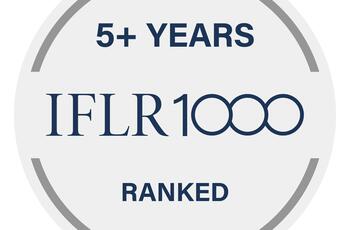For decades, the Netherlands has had a unique system, approved by the European Commission, in which housing associations, designated as providers of services of general economic interest (SGEI), are responsible for providing fully social rental housing. The core principle of this system is that state aid may be used, provided that the target group is clearly limited to financially vulnerable households and that social activities are strictly separated from commercial rentals.
Affordable Mid-Segment Rentals
As of July 1, 2024, the Affordable Rent Act introduces a points-based system for mid-segment rentals up to a basic monthly rent of €1,184.82 (effective from January 1, 2025). This aligns with the policy goals of the now caretaker Schoof cabinet to make two-thirds of new housing developments affordable partly by leveraging state-guaranteed loans via the WSW for mid-segment rentals.
European Commission’s Reassessment
In parallel, the European Commission is re-evaluating the SGEI framework (review completed in 2022). Member States are advocating for a broader definition - shifting from strictly “social” to “affordable” housing - in order to accommodate the growing mid-income segment.
Risk of Further Dualisation in the Rental Market
The Netherlands has already transitioned from a ‘unitary’ housing model - where housing associations and private landlords operate in overlapping markets - to a more ‘dual’ model with minimal competition between social and private rental sectors. Housing associations currently provide about two-thirds of the rental housing stock; the private market covers the rest. If mid-segment rentals also fall under the SGEI umbrella, the scope of the private sector would further shrink. This risks undermining the benefits of market competition - such as quality improvement, innovation, and opportunities for new market entrants.
Is Expanding the SGEI Scope Desirable?
The desirability of extending the SGEI designation to mid-segment rentals is open to debate. Traditionally, state aid is meant for groups that truly cannot be served by the market. In all other cases, market competition should drive supply and quality. Only by maintaining this balance can the benefits of both systems be preserved and the government’s push for more affordable housing avoid placing additional pressure on the functioning of the housing market.
--
This blog is a concise summary of the article “Desirable to move from ‘social’ to ‘affordable’ housing?” published in Tijdschrift voor Staatssteun (2025, no. 1/2, pp. 13–20) by Gerard van der Wal, Doortje Ninck Blok, and Arthur de Ruiter. The article was finalized in December 2024. The original publication (in Dutch) is available via Uitgeverij Den Hollander: Van ‘sociale’ naar ‘betaalbare’ huisvesting wenselijk? – Tijdschrift voor Staatssteun – Uitgeverij Den Hollander.










